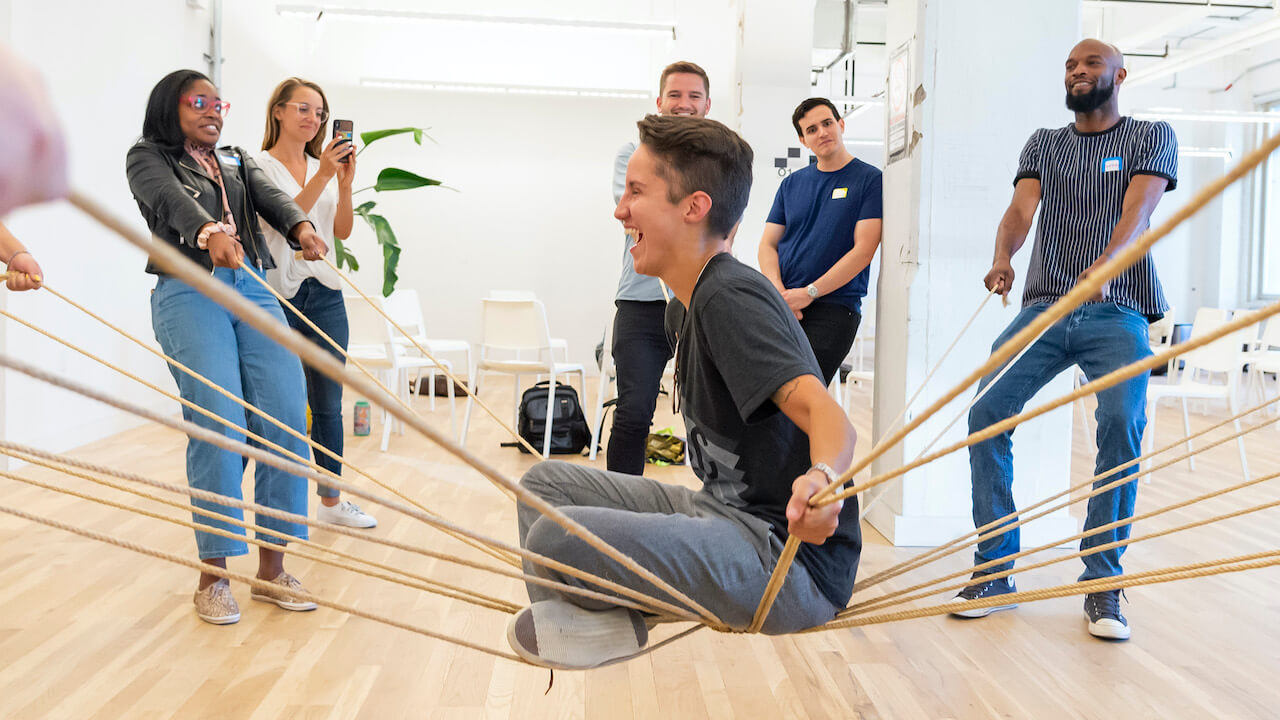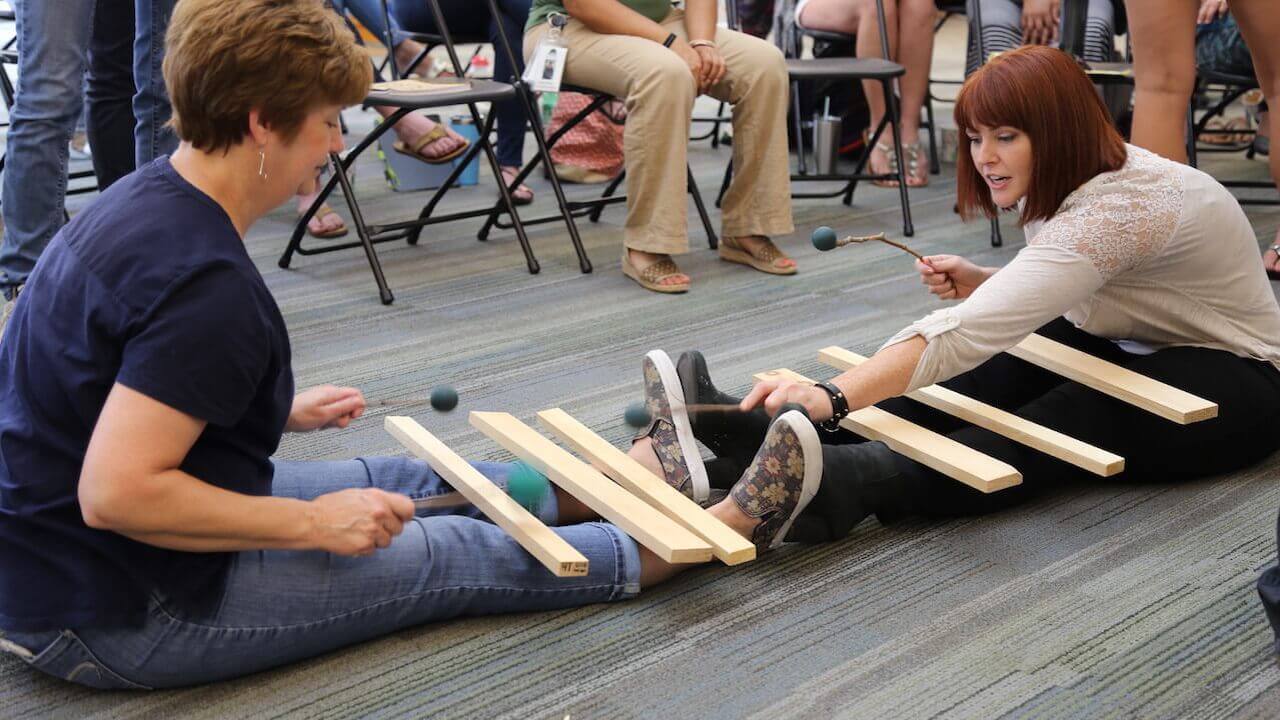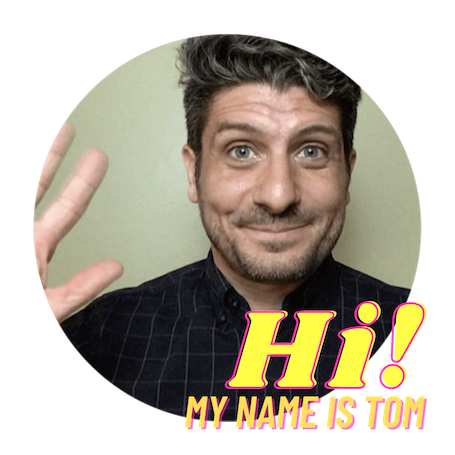The Power of Hands-on Professional Development
We’ve all been there: the in-service day where a consultant has been brought in to enlighten teachers on the latest best practices in education. Sometimes, these presentations are filled with boring slides, confusing jargon, or obvious information, and we leave wondering why consultants get paid so much more than educators.
Forget about slides, jargon, and the solo show of the consultant: Educators need to be the protagonists of in-service days and professional development training.
Why is hands-on professional development training far more beneficial and cost-effective than frontal lessons, expensive conferences, and boring slides from consultants who aim to sell more cluttering stuff to your school?
Based on 15 years of international experience (Germany, Australia, USA) playing and designing hands-on professional development training programs with preschool directors and teachers, I compiled my list of why hands-on professional development is a real game changer.
11 Compelling Reasons Why Preschool Directors Should Embrace Hands-On Professional Development for Early Childhood Educators in 2023
1. Active Engagement
Hands-on training encourages active participation and engagement.
Early childhood educators learn, as children do, by doing, observing, and trying things out. Hands-on training helps educators directly enter children’s perspectives and mindsets and effectively explore practical skills and interactions with young children.
2. Experiential Learning
Hands-on, experiential learning leads to lasting knowledge and improved skills.
Early childhood educators gain firsthand experience and a deeper understanding of pedagogical concepts and theories by actively participating in hands-on training activities.
3. Straightforward Practical Application
Hands-on training bridges the gap between theory and real-world practice.
Frontal lessons and keynotes, semi-practical activities taught while sitting around a conference table, may provide some theoretical knowledge and fun. However, hands-on training held directly at their workplace allows educators to apply what they’ve learned and experienced immediately.
4. Skill Development Training
Many skills required in early childhood education are quickly and effectively honed through hands-on experiences.
In hands-on training sessions, educators can practice newly learned skills (communication, observation, and problem-solving) in a safe, supervised environment, make mistakes, and learn from them.
5. Team Collaboration
Teamwork and communication skills are essential in early childhood education settings.
Hands-on training involves a large variety of group activities and collaborative learning experiences. These foster educators’ social and emotional competence, which can be effectively spent interacting with children, colleagues, and families.
6. Problem-Solving Training
Hands-on training allows educators to address everyday work challenges in a supportive environment.
Real-world situations in early childhood education are often complex and require creative problem-solving. Hands-on training settings help educators find time to analyze problems and test various practical strategies that work along with colleagues, mentors, and facilitators.
7. Reflective Practice
Hands-on training encourages educators to reflect on their experiences and make or plan improvements quickly.
Reflective practice is a crucial aspect (methodology) of practical professional development training sessions, which leads to effective and continuous professional growth as educators also learn how to use reflective practice at work daily.
8. Confidence Building Training
Social, emotional, and physical confidence is essential when working with young children and their families.
Leading, exploring, navigating, and even enduring hands-on activities and tasks during training boosts educators’ confidence in their work environment.
9. Adaptability and Resilience
Hands-on training exposes educators to diverse scenarios that encourage quick, practical thinking, resilience, and adaptability.
As early childhood education settings can vary widely, hands-on training activities give educators the mindset of developing the flexibility needed to meet children’s unique needs.
10. Long-Term Retention
Hands-on training triggers participants’ learning abilities and results in long-term retention of knowledge and practices.
Educators remember and use information and skills much more proficiently than after a frontal lesson or conference attendance because they’ve actively participated in the whole learning process.
Finally, and most importantly,
11. Child-Centered Approach
Hands-on training revolves around child-centered activities and approaches and helps understand children as protagonists of their own learning.
Only professional development training sessions in practical settings can experientially teach how to put the child’s interests and development to the center stage.





